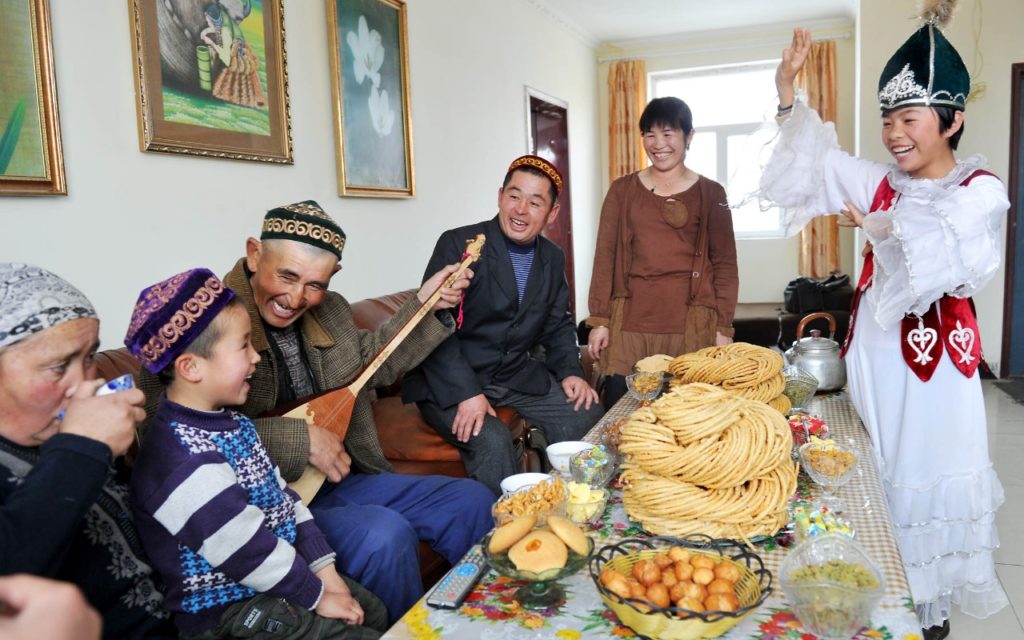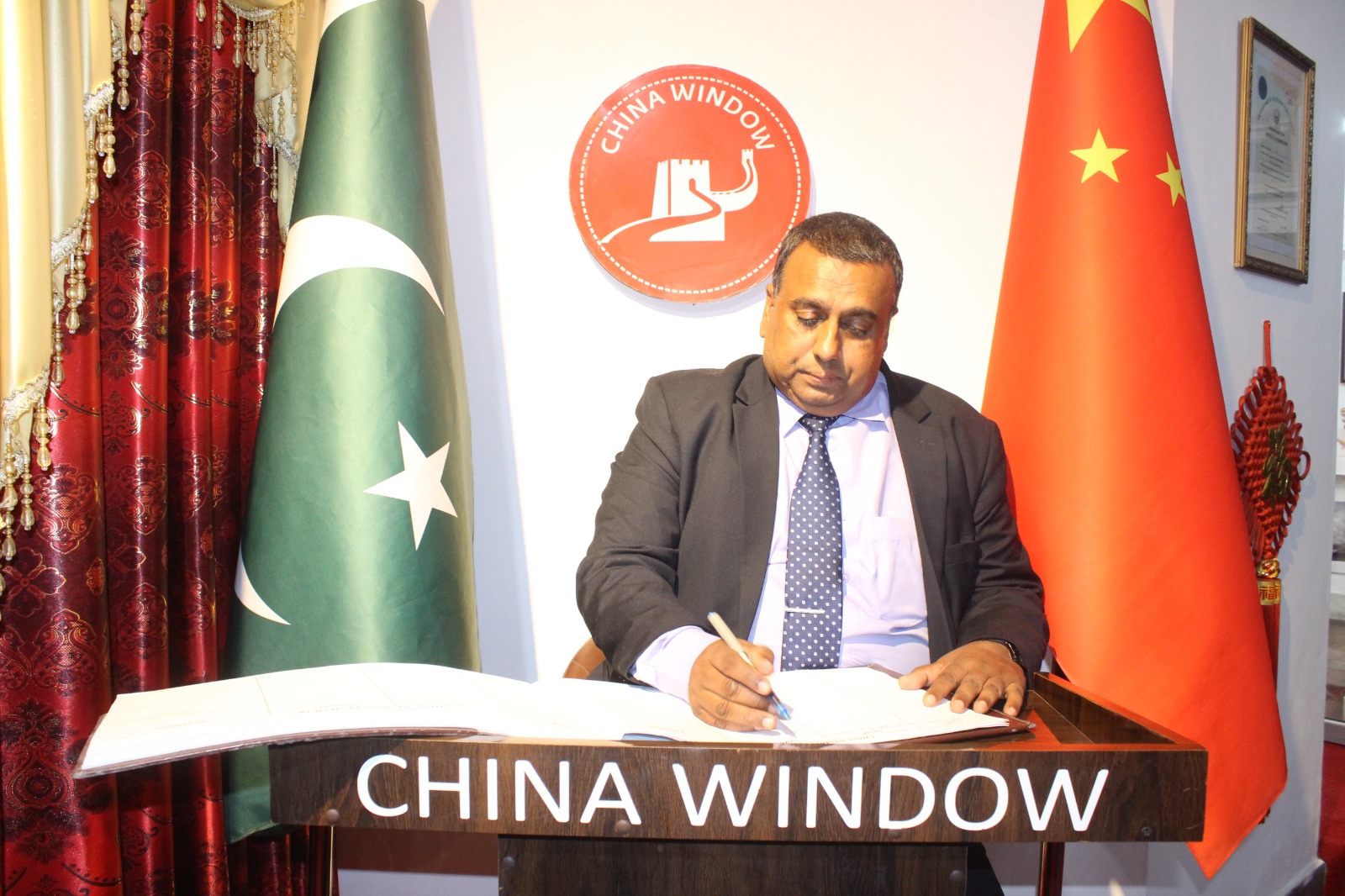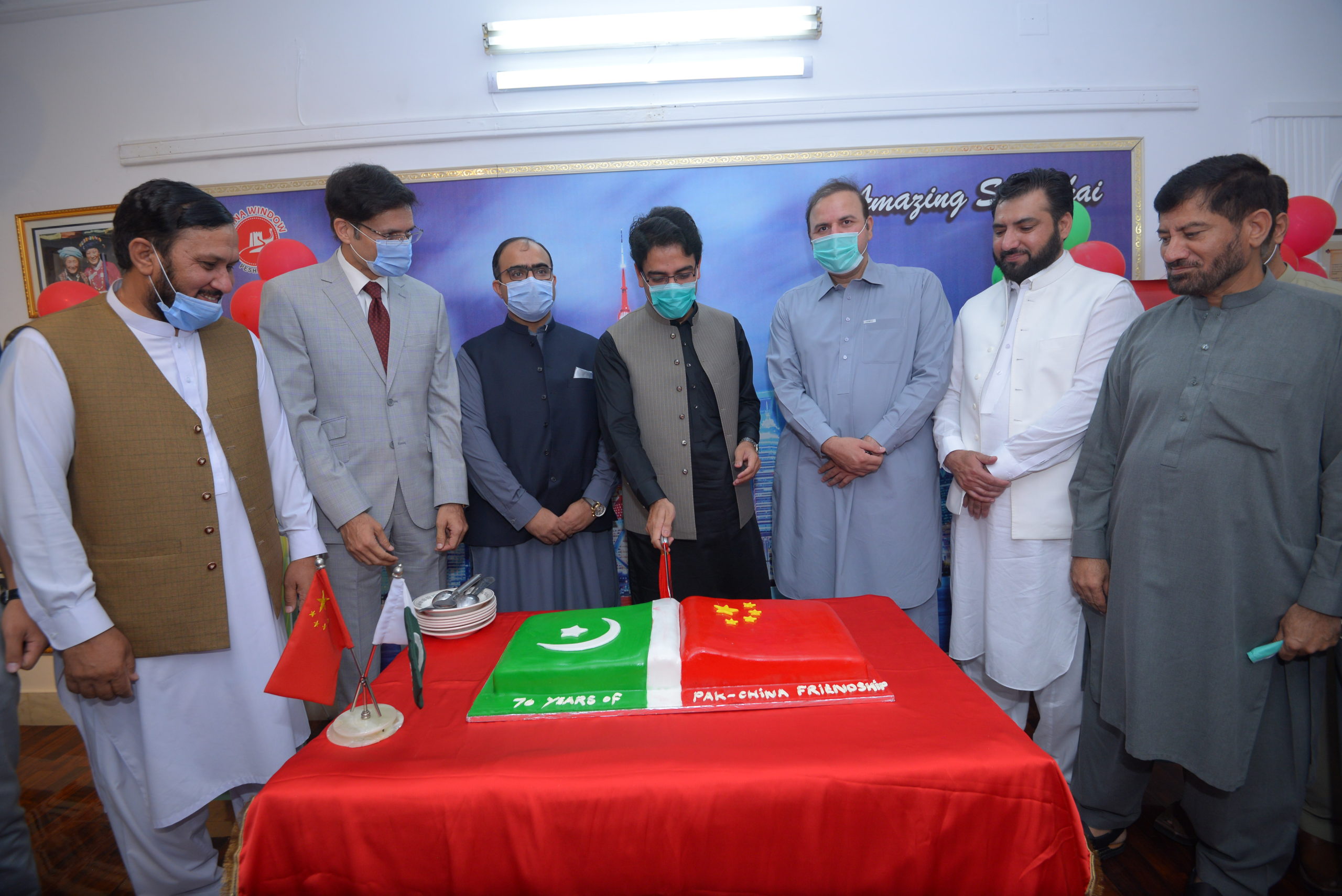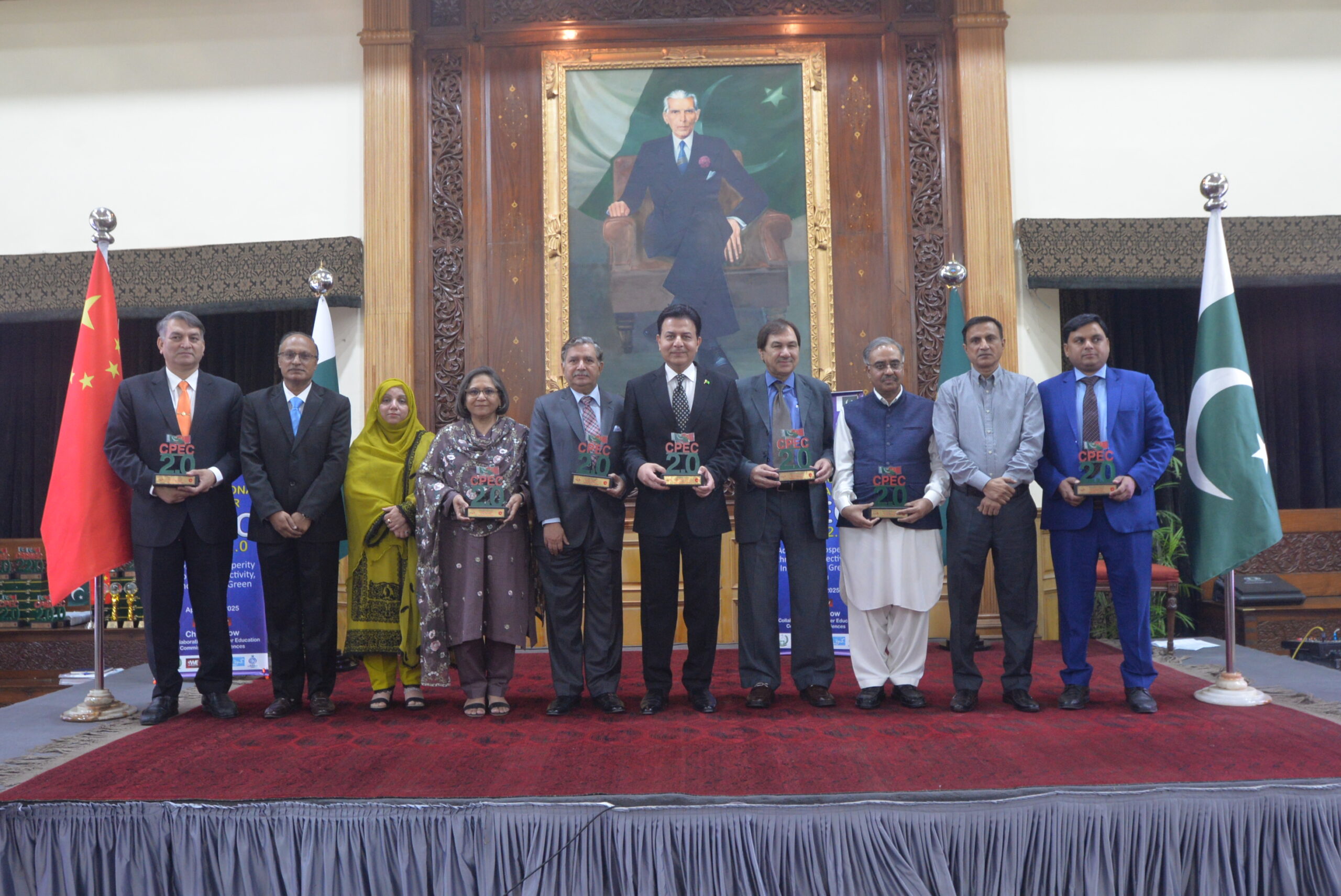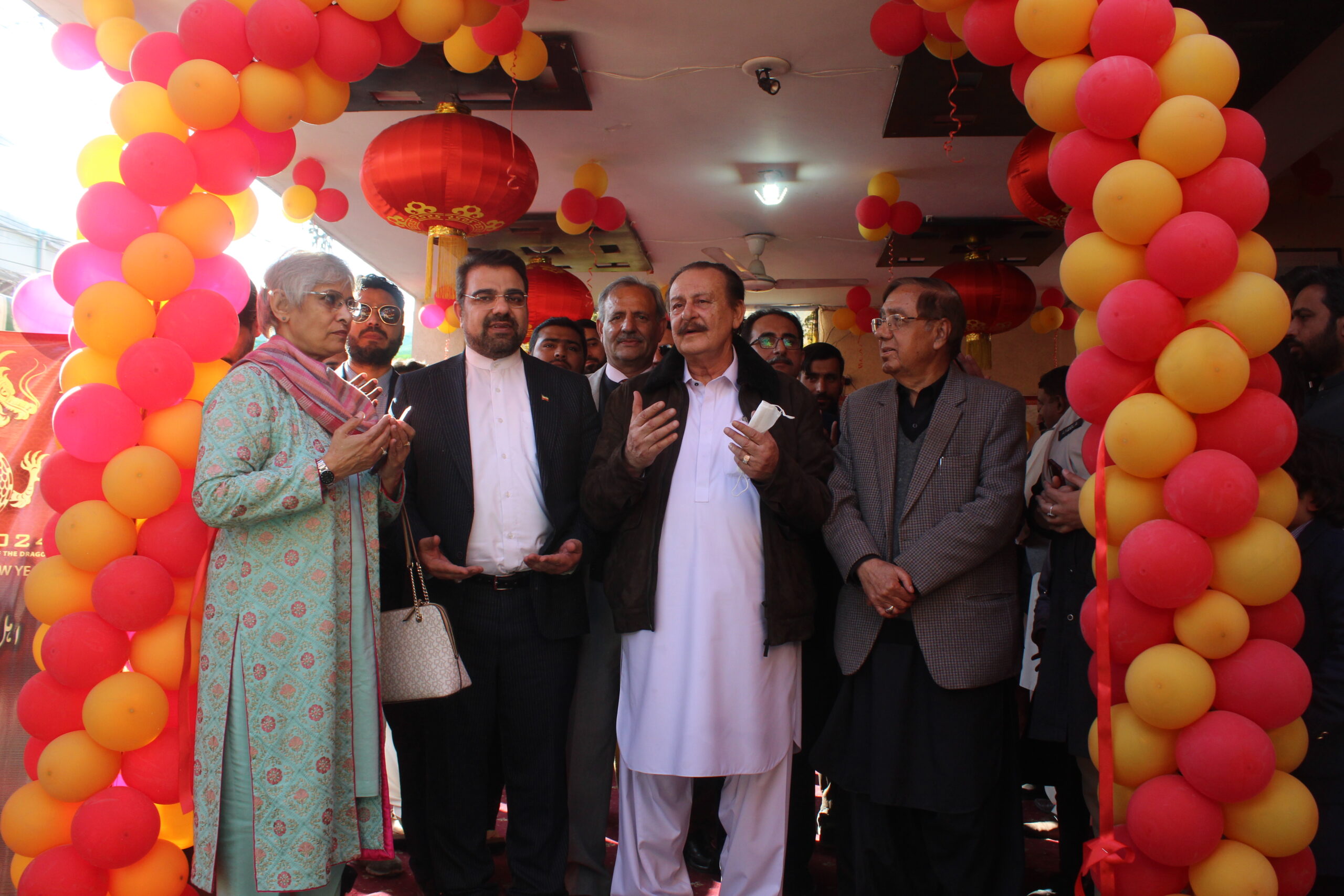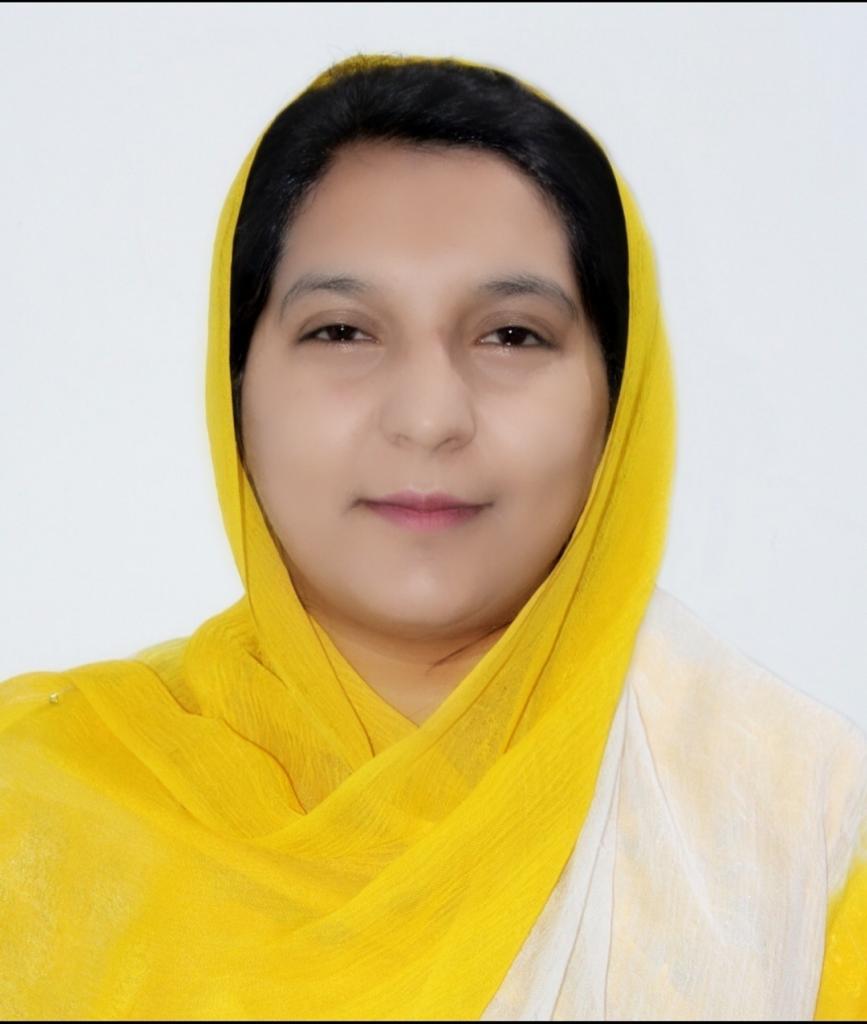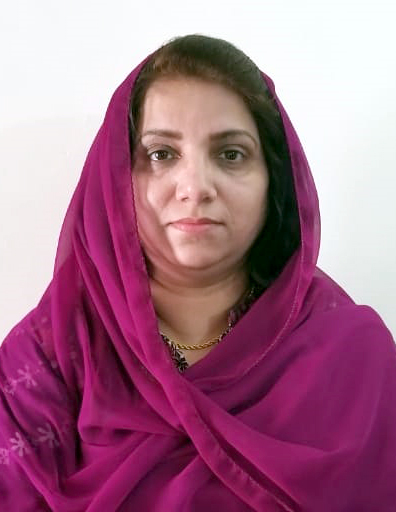Peshawar, April 22, 2021 ( China Window News) Xinjiang has never been more prosperous than it is now, with unprecedented achievements in socio-economic development and improvement of people’s life.
First,the population of the ethnic minority have seen a steady increase. The Uyghur population grew from 10.17 million to a 12.71million,increased by 25% from 2010 to 2018, much higher than the 2%growth of the Han population and 22% growth of other minority population. Languages, traditional cultures and customs of all ethnic minorities in Xinjiang have been well protected and inherited. All residents fully enjoy their rights, live a happy life in a stable environment.
Second, Xinjiang’s economy develops steadily and healthily. A series of key indicators from 2014 to 2019 saw continuous improvement, such as an average annual GDP growth rate of 7.2%, annual 9.1% growth in residential per capita disposable income, general public budget revenue increased from 128.33 billion yuan to 157.76 billion yuan, with an average annual growth rate of 5.7%. Xinjiang’s infrastructure continues to improve. All prefectures and cities in Xinjiang have access to expressways, electricity and the Internet.
Third, people’s living standards in Xinjiang have improved significantly. More than 1.69 million rural housing projects and 1.56 million urban affordable housing projects have been completed, and more than 10 million people have moved to new homes. Xinjiang achieves full coverage of compulsory education – first to ninth grade. The level of basic public services in urban and rural areas has been continuously improved, the social security system has been improved day by day, and the basic medical insurance coverage of residents has reached 99.7%. Xinjiang has implemented free health examination for all citizens since 2016.
Fourth, Xinjiang has made decisive achievements in poverty relief. 3.09 million people have lifted out of poverty, and all the 32 impoverished counties have achieved poverty alleviation.
Fifth, the overall social situation continues to improve. There hasn’t been any violent or terrorist case over the past four years. With a secure environment, the number of Chinese and foreign tourists to Xinjiang has hit a record of 150 million visits in 2018, marking a 40% year-on-year increase, 213 million visits in 2019, marking a 42% year-on-year increase.
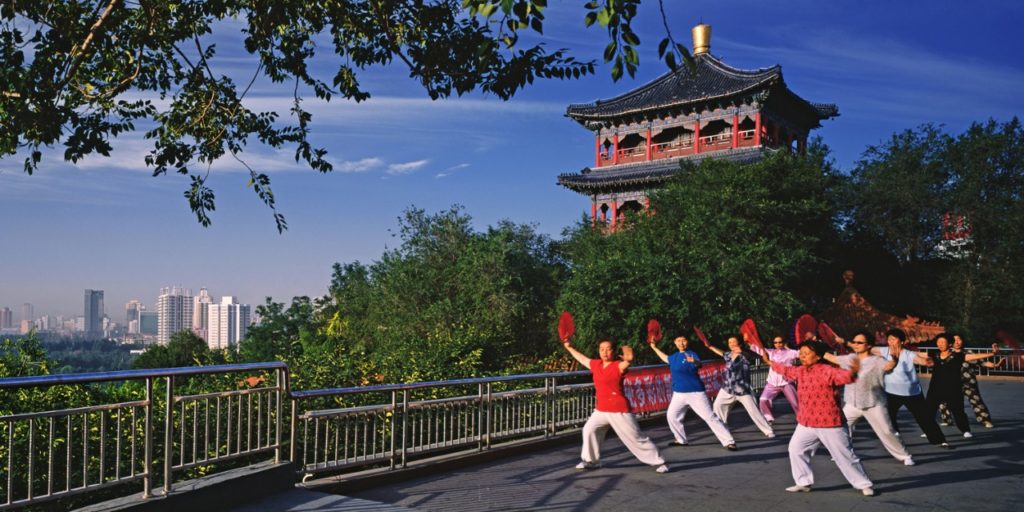
Sixth, the legitimate rights and interests of the people of all ethnic groups are effectively protected in Xinjiang. They all enjoy the freedom of religious belief, legitimate rights to participate in governance, receive education, use ethnic languages, and inherit their own traditional culture.
Xinjiang-related issues are never about human rights, ethnicity or religion, but about combating violent terrorism and secession. Xinjiang has been faithfully implementing the Plan of Action to Prevent Violent Extremism and lawfully taking preventive counter-terrorism and de-radicalization measures, which effectively protected Xinjiang’s security and stability and residents’ safety.
China protects workers’ rights and has made a lot of efforts to provide training opportunities and jobs for people of all ethnic groups in Xinjiang, so as to encourage, assist and support them in shaking off poverty and living a better life through diligence and hard work. During the fight against the COVID-19 pandemic, the Chinese government also puts people and life front and center and takes resolute, scientific and decisive measures to protect the safety and health of all people including Uyghurs to the greatest extent possible.
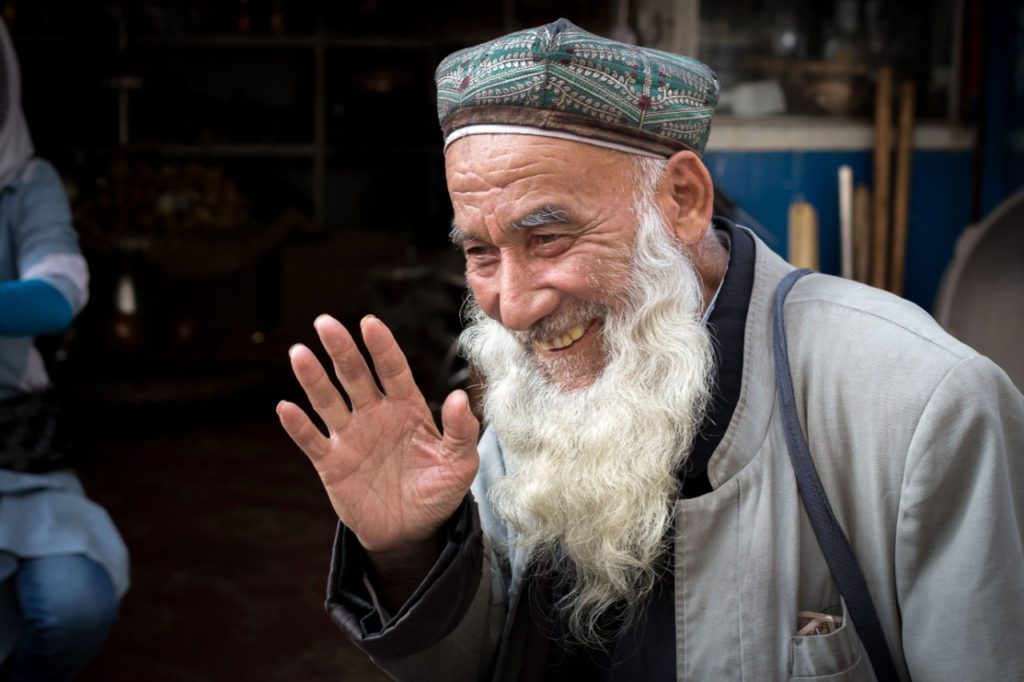
On religion, the freedom of religious belief of people of all ethnic groups is protected in accordance with law in Xinjiang. All normal religious activities conducted by citizens in places of religious activity or in their own homes in accordance with religious customs, like worshiping, observing Ramadan and religious festivals are protected by law and shall not be interfered with by any organization or individual. Xinjiang continues to improve the public service in mosques, which brings great convenience to the worship of religious believers. In recent years, tens of thousands of Muslims from Xinjiang have made pilgrimages to Saudi Arabia, and the customs and habits of Muslims of all ethnic groups in clothing, diets, festivals, weddings and funerals, have been fully respected. There are more than 24,000 mosques in Xinjiang, which means a mosque for every 530 Muslims in Xinjiang.
